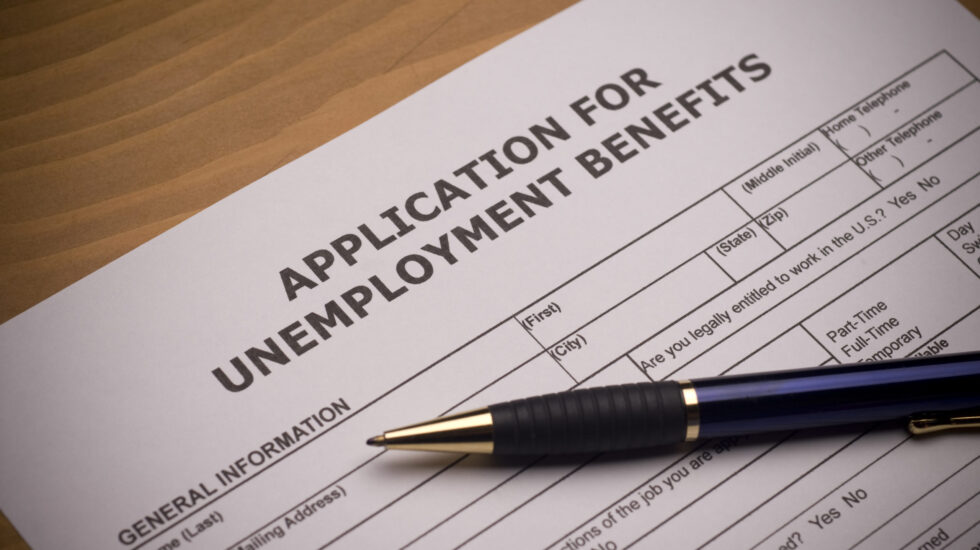With U.S. employment in the midst of unprecedented chaos, new statistics show that the decision by 26 states to prematurely end enhanced unemployment benefits has done very little to boost the job market.
When those states decided to cut the additional federal jobless benefits — an extra $300 per person — several months before the program’s scheduled end in September, the decision was justified by saying it would motivate workers to return to work. Those governors — all but one of them Republican — said the extra unemployment stipend was dissuading people from returning to work, and leaving business owners short on labor.
But analysis by Reuters of job data from those particular states shows that has not been the case.
In the 26 states which stopped benefits early, an extra 174,000 people joined the labor force in June. That means they either took on a job or began work searches, compared to 47,000 in the states that have not ended the federal unemployment benefts.
More from Reuters:
While that may indicate the withdrawal of benefits is having some of the impact intended by the governors who cut off the stipend, and causing more people to seek employment, the numbers are small in a national labor force of 161 million and come with a cautionary note: Job gains in both groups of states were roughly the same.
26 states — all but one led by a Republican — have moved to stop paying out the extra $300 in unemployment benefits ahead of the September cutoff.
— Axios (@axios) July 31, 2021
Some also ended special programs that allowed gig workers to receive benefits.https://t.co/hOeWrS4F25
Axios also highlighted other findings about the correlation between ending the higher payouts early and jobs:
A study by JPMorgan Chase Institute found that supplemental unemployment benefits "played a small role in deterring jobless workers from finding a new job."
Payroll processor Gusto found that job growth among service-sector small businesses in states that snipped weekly benefits was about the same as those that didn't.
While there could be some lag in the job data accumulation, the numbers indicate the process of matching employers and employees remains sluggish compared to the large numbers of posted job openings and the large number of people unemployed. Some economists say this suggests that eliminating the jobless benefit may wind up simply hurting a family’s overall income at a time when millions may face eviction as the rent moratorium has now expired. Gregory Daco, chief U.S. economist at Oxford Economics, put it bluntly:
“We find only a marginal effect” of the benefit reductions on labor supply and employment.”
The analysis undercuts the theory popular among the GOP and its supporters that reducing the unemployment supplement people receive would help businesses fill empty positions during an incredibly tight labor market.
Supporters of the unemployment stimulus believe jobs are harder to fill these days for a myriad of reasons: Parents can’t find reliable child care, they’re afraid of returning to work and catching COVID, or have simply decided to be choosier about the jobs they take.
Observers of the job market note the full impact of the end of the supplemental benefits will not be “fully visible” until state-level jobs data for July is released in several weeks.



